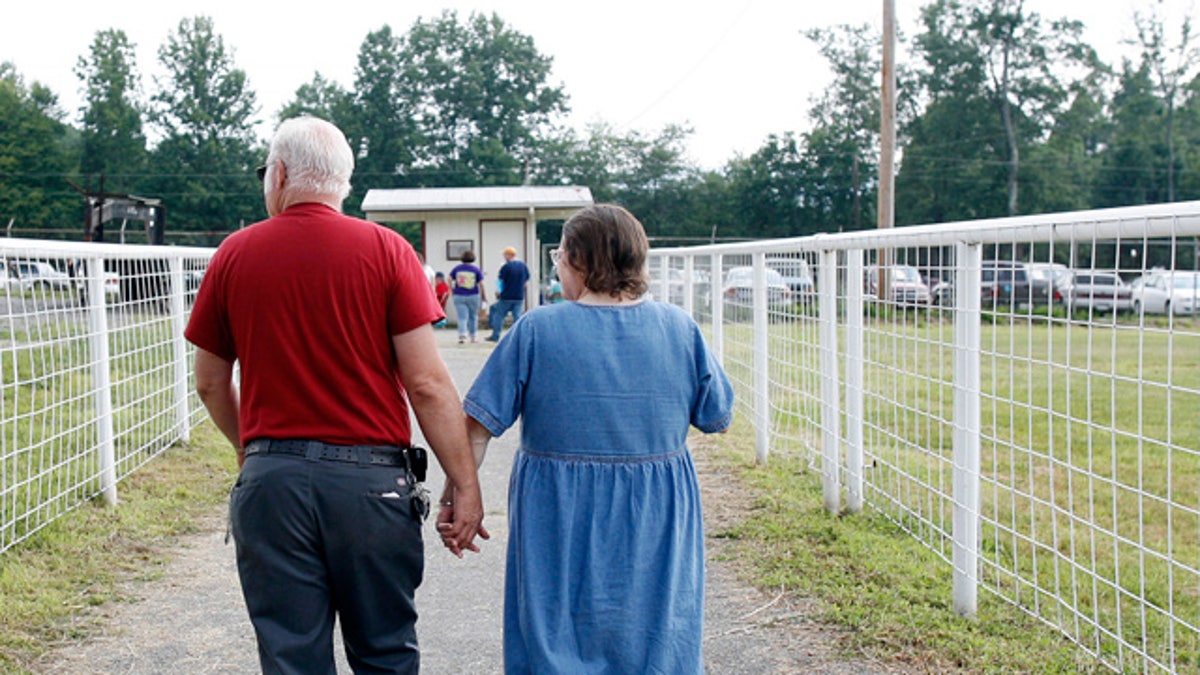
(Reuters)
Thinking about throwing in the towel and vacationing on the sunny shores of Florida after you have spent years toiling over your career and achieving hard-won accolades? And, do you think that those years will be the prime of your life – finally reading all those books and taking time to visit the grandkids?
Before you sign off on your career for good, you may want to consider the numerous studies that date back as far as the 1950s showing that early retirement means an early death. The rat race may not be the primary culprit of mortality after age 55.
Reduced longevity associated with retirement is classically a result of the degenerative nature of the status. Many retirees fail to continue to stimulate their mind and body in the same ways they did while employed. Younger retirees often find comfort on the couch in front of the TV instead of stimulating the brain with new hobbies, traveling or a new skill. Many neglect doctors’ appointments, limit social engagement and give up on healthy eating and exercise.
There is a false sense of longevity associated with the stress-free lifestyle of early retirement. Years of data continuously prove that retirement simply isn’t the best medicine for health and happiness.
Review of data from the Social Security Administration (SSA) in 1982 concluded that men who pursued retirement at age 62 or earlier had a greater level of mortality than those who retired later. In 2001, the SSA completed a follow-up study finding similar results. This study broke retirees up into four groups depending on the age they retired. At each age interval observed, the length of their lifespan following retirement improved with older age groups.
In 2005, a study of Shell Oil employees, published in the British Journal of Medicine, found that people retiring at age 55 were 89 percent more likely to die in the next ten years than those who retired at age 65. The effects of early retirement did not vary significantly with sex or socioeconomic status, but there were some early retirees whose retirement and death were associated with poor health conditions, which were not controlled. The study concluded that beyond age 65, the same heightened mortality risk did not exist as it does among those aged 55 to 60.
The correlation should not be surprising. Multiple studies have proven that the keys to a longer life are not only the basic components of a healthy lifestyle – such as a balanced diet, more sleep and plenty of exercise – but also cultural investments like family, sense of faith and a purpose in life. This means that planning for a long retirement is about more than financial comfort; you have to consider how you are going to spend those years of free time and consider it very carefully.
Dr. Robert Butler, the founding physician of the National Institute of Aging and the author of several books, including the Pulitzer Prize winning book, Why Survive?: Being Old in America, doesn’t recommend retirement to anyone. Instead, he suggests you retire to something that will ensure you maintain productivity, stay engaged and sustain sense of purpose.
Use retirement wisely. Seek to learn new things, discover new places and engage in new relationships with a variety of people. Along with these fresh activities to stimulate your mind, maintain your health: eat a balanced diet, participate in regular physical activity, keep your hormones balanced and monitor your health carefully with routine visits to your doctor. Your golden years can be long and fulfilling with a comprehensive plan to sustain your health and quality of life.
